Hydal BiotechnologyBacteria are the keyHydal
Innovation
Our goal is to expand the portfolio of waste streams that can be used in our biotechnology. We plan to implement a technology for brewery malt waste upcycling.
Hydal’s technology is more environmentally sustainable than waste oils re-refining technologies. Current re-refining technologies, such as vacuum distillation, are energy intensive, whereas Hydal’s fermentation-based technology uses less energy, in milder operating conditions. Additionally, by virtue of being fermentation-based, the Hydal solution is modular and can be easily scaled to the required capacity.
Frost & Sullivan
Hydal’s technology is more environmentally sustainable than waste oils re-refining technologies. Current re-refining technologies, such as vacuum distillation, are energy intensive, whereas Hydal’s fermentation-based technology uses less energy, in milder operating conditions. Additionally, by virtue of being fermentation-based, the Hydal solution is modular and can be easily scaled to the required capacity.
Frost & Sullivan
Biotechnology – the green production
Hydal PHA production requires several steps: First, the bacteria are cultured and tested in the laboratory. When multiplicated into a big enough population, they are mixed in a cultivation tank with waste cooking oil. Under specific conditions, the bacteria produce PHA inside their cells consuming WCO. C. necator can fill up to 80 % of its dry weight with PHA polymer. The polymer is then isolated, purified and ready for postprocessing specific for each of our applications.
More from NAFIGATEHydal BiotechnologyVideo

More from NAFIGATENAFIGATE EcosystemInnovation
Biopolymer P3HB
Cosmetics
Biomedicine
Sustainable Packaging
NAFIGATE is always interested in new, challenging and exciting projects
So, why not contact us and send us your project requirements, and we’ll do the rest!
